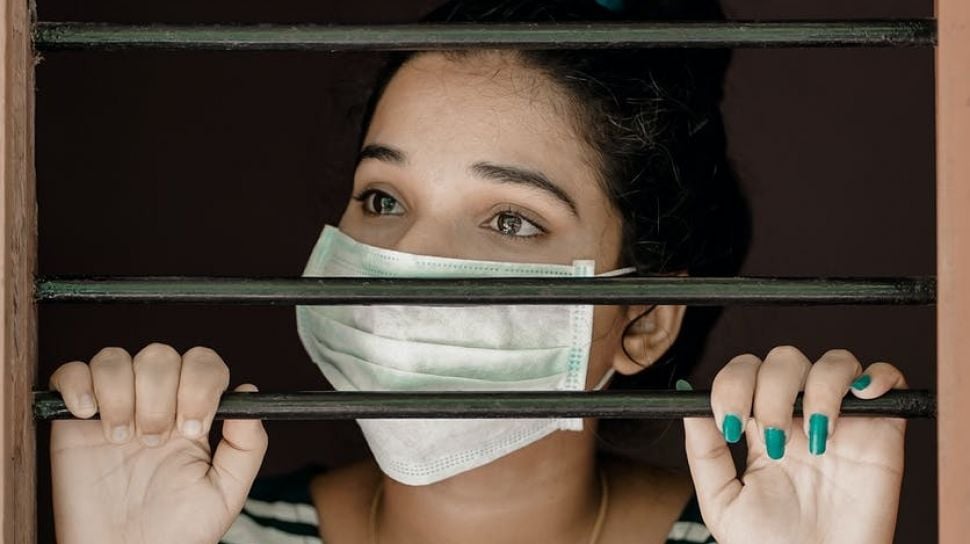Suara.com – Covid-19 Vaccination is taking place in a number of countries. Indonesia itself has done vaccination to health workers, the elderly and a number of essential workers.
The aim of giving the Covid-19 vaccination is to reduce the risk of transmission while also achieving herd immunity. However, it is still not known whether the current Covid-19 vaccine is also effective against the new corona virus.
Apart from that, there are other questions that people often ask. Can the Covid-19 vaccine reduce the long-term impact of Covid-19 or what is known as? long Covid-19.
Long Covid-19 itself is a term used to describe the symptoms that people face long after recovering. That said, people who have long Covid-19 either experience permanent damage to their lungs, heart, kidneys or brain or continue to experience lingering symptoms even though no damage has been detected in these organs.
Also Read:
Don’t Know the DPRD’s Family Receives Free Vaccines, Deputy Governor Riza: I just heard
A new study shows that Covid-19 injections can actually relieve symptoms in the long term.
According to a study conducted by a team of scientists from the North Bristol NHS Trust and the University of Bristol, Covid-19 vaccination can relieve symptoms in patients suffering from the long-term effects of COVID-19.
According to the scientists, there was “a slight overall improvement” seen in the long distance after they received the vaccine injection.
The study, which has not yet been peer reviewed, looked at the cases of 44 old COVID-19 patients who were vaccinated and 22 old COVID-19 patients who were not vaccinated.
Prior to vaccination, most patients developed serious symptoms and complained of fatigue, tightness and insomnia.
Also Read:
Jokowi: Complete Teacher Vaccinations, Continue to Face-to-Face School Trials
In January and February, some of the participants received shots of the vaccine, followed by symptoms that were matched by those who had not been vaccinated. A month later, both groups were reassessed and asked if their symptoms had improved, got worse or remained the same.
The researchers found a 5.6 percent reduction in worsening symptoms and a 23.2 percent increase in symptom resolution among vaccinated participants as opposed to 14.2 percent and 15.4 percent for unvaccinated, respectively.
However, the scientists clarified that the study was too small “to make any firm conclusions.” According to them, further research needs to be done to support these claims.
– .


